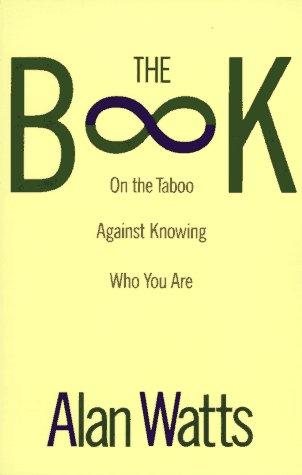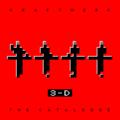F00FC7C8 reads books occasionally reviewed The Book by Alan Watts
The philosophy of the mystics
5 stars
This book criticizes the foundations of philosophy on a level I rarely see. It does so by appropriating the ideas of Eastern religions, particularly Hinduism, and likening them to recent developments in Western philosophy, science, and the current events of 1966. Not every conclusion Watts comes to is entirely reasonable, but he does a great job of explaining how ego dissolution happens, its effects, and why it is philosophically reasonable.



